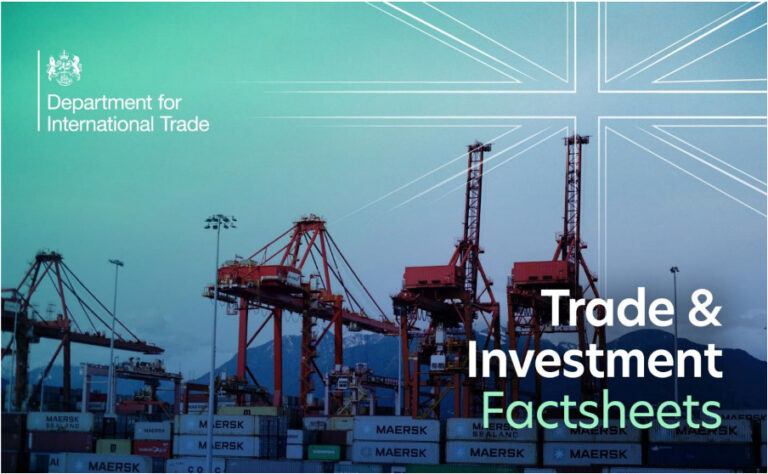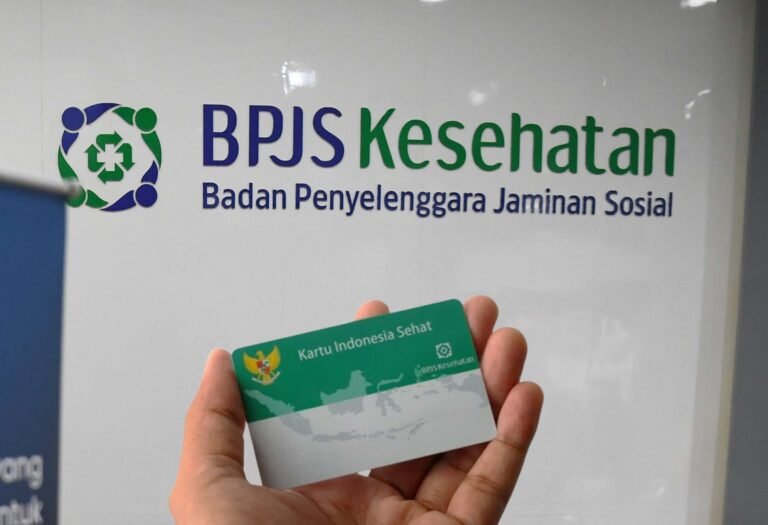Recruitment trends in 2025 are transforming how businesses attract and retain talent. The integration of AI and growing workplace flexibility are reshaping hiring strategies to meet evolving demands.
These changes reflect the priorities of employers and job seekers, emphasizing innovation, adaptability, and inclusivity. Understanding these shifts is essential for organizations to stay competitive in the dynamic job market.
The Rise of AI Boosting Recruitment Trends in 2025
Recruitment is evolving beyond merely matching candidates to job roles. It now highlights individual potential, relevant skills, and alignment with organizational values. With AI handling routine tasks, companies are placing greater emphasis on enhancing candidate experiences and creating teams equipped for future challenges.
HR leaders from organizations like Hilton, PwC, and Ally Financial predict significant changes in recruitment strategies by 2025. As reported by Fortune.com, they highlight how AI is reshaping hiring processes.
Jennie Rogerson, Global Head of People at Canva, notes, “AI will handle more routine tasks, enabling companies to focus on skills like creativity and strategic insights.”
Laura Fuentes, Chief HR Officer at Hilton, underscores the importance of maintaining a human touch: “Candidate experience remains the most critical aspect, even as technology enhances efficiency.”
Flexibility: The New Norm for Talent Acquisition
To address recruitment challenges, companies are increasingly adopting greater work flexibility, offering options for remote or hybrid setups. This shift caters to employee demands for better work-life balance and adaptability in work environments.
Furthermore, employee well-being has emerged as a top priority, encompassing physical, mental, and financial health. Organizations recognize the importance of supporting their workforce to maintain engagement and productivity.
Astrid Suryapranata, President Director & Market Leader of Mercer Indonesia, highlights the financial concerns faced by many employees: “Data shows that about 50% of the workforce does not feel financially secure enough to face retirement. Therefore, it is crucial for companies to balance competitive compensation with comprehensive health and wellness programs.”
She adds, “Therefore, companies need to adopt a more flexible and human-centered approach to workforce management to ensure competitiveness in an increasingly challenging market.”
Skill-Based Hiring Takes Center Stage
As industries adapt to rapid changes, skill-based hiring has become a cornerstone of recruitment strategies in 2025. Companies are moving away from traditional hiring criteria, such as degrees and years of experience, and instead emphasizing candidates’ abilities to perform specific tasks. This approach allows organizations to tap into a broader talent pool and build more diverse, capable teams.
Yolanda Seals-Coffield, Chief People Officer at PwC, emphasizes this shift, stating, “Recruitment strategies will increasingly focus on a skills-based approach. Job requirements and hiring decisions will be based on candidates’ skills.”
By adopting skill-based hiring, organizations can better align their workforce with business needs, fostering innovation and efficiency. This trend also addresses the demand for agility in an ever-changing market, ensuring that companies stay competitive by prioritizing practical expertise over traditional qualifications.
Challenges in Attracting and Retaining Talent
As recruitment strategies evolve, companies face persistent challenges in attracting and retaining top talent. According to Mercer Indonesia’s Total Remuneration Survey (TRS) 2024, most businesses still plan to expand their workforce, but recruitment activity has slowed in sectors like automotive, life sciences, and high-tech. Despite this, the competitive landscape remains fierce.
Astrid highlights the “talent war” phenomenon, where companies fiercely compete for skilled professionals in areas such as sales, marketing, product management, engineering, and IT. Even with reduced hiring volumes, demand for these roles remains high.
Retaining employees also presents a significant hurdle, particularly for professional and managerial positions. Mercer Indonesia’s survey reveals that 94% of companies struggle to recruit and retain professionals, while 63% report similar challenges at the managerial level. Addressing these issues is crucial for businesses looking to maintain a resilient and competitive workforce in 2025.
Adapting to Recruitment Trends in 2025
Recruitment trends in 2025 emphasize adaptability and innovation. By embracing AI, flexibility, and skill-based hiring, companies can navigate challenges and thrive in a competitive market. Understanding these shifts ensures organizations attract and retain the talent needed to succeed in the evolving workforce landscape.
Partner with Seven Stones Indonesia for Tailored HR Solutions
Your business deserves a team that truly supports your goals, and Seven Stones Indonesia is here to provide exceptional HR services. From tailored recruitment solutions to comprehensive workforce management, we ensure you connect with candidates who align with your company’s values and objectives.
Don’t let the competition get ahead. Reach out to Seven Stones Indonesia today to discover how our HR expertise can elevate your business! And don’t forget to stay updated on Indonesia’s business landscape by joining our WhatsApp community via this link. It’s an excellent platform for connecting and networking, and you’ll always be in the know about the latest Indonesian news and trends.
Source: fortuneid.com, marketeers.com
Image: Getty Images

















